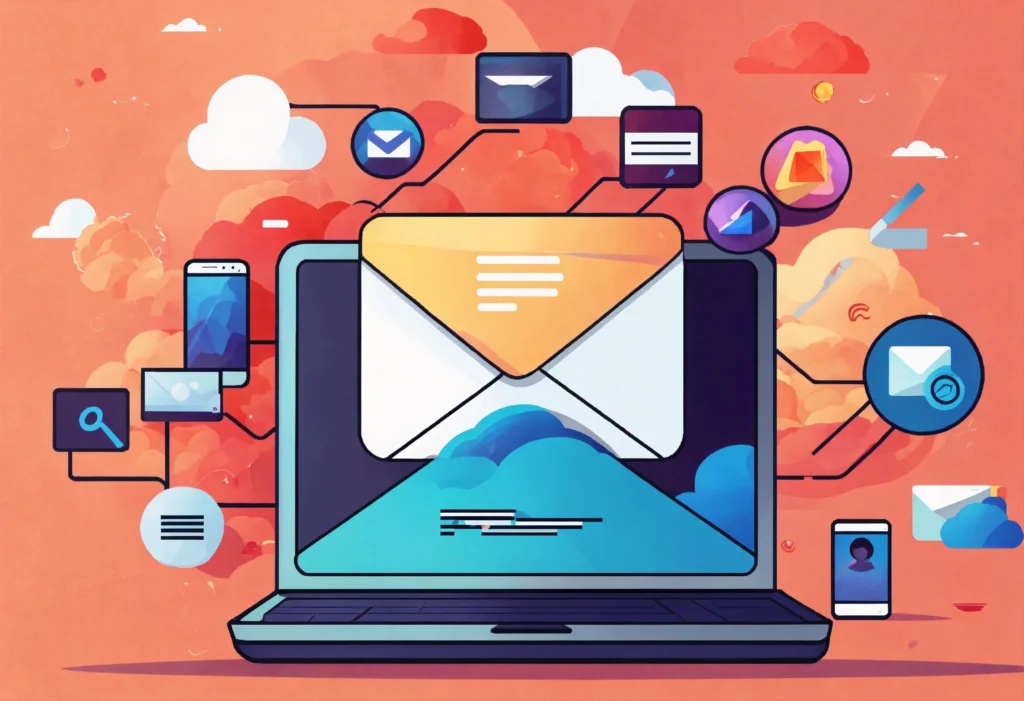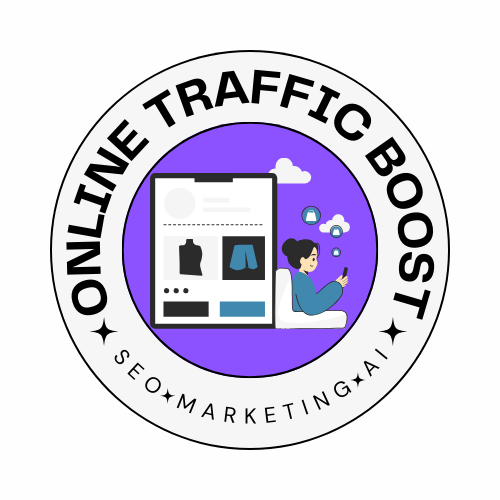Introduction : Email Marketing Tools For B2B
Email marketing tools for B2B remain an effective tool for B2B companies in the digital marketing domain. But it is essential to differentiate business-to-business email marketing from its business-to-consumer equivalent. In contrast to business-to-consumer (B2C) strategies, which frequently centre on fast conversions, business-to-business (B2B) campaigns require customized techniques in order to meet longer sales cycles, complex decision-making processes, and the participation of other stakeholders.
The importance of hyper-segmentation in business-to-business (B2B) email marketing cannot be overstated. This technique entails breaking your audience into extremely specific categories according to their demographics, behaviour, and requirements.
Table of Contents
When businesses do this, they are able to send individualized content that resonates with each category, which allows them to effectively nurture leads and guide them through the buyer journey.
Furthermore, in the business-to-business (B2B) environment, emails serve as more than just promotional tools; they play an important role in the process of establishing and maintaining partnerships.
Unlike business-to-consumer sales, business-to-business (B2B) deals typically include significant investments and continuous collaborations.
When it comes to business-to-business email marketing, it is of the utmost importance to cultivate trust and credibility through consistent contact.
Key Features to Look for Email Marketing Tools For B2B
When selecting email marketing tools for B2B endeavours, certain features are non-negotiable.
Businesses are able to precisely personalize their communications thanks to technology that enables advanced segmentation and targeting capabilities. Keep an eye out for tools that enable segmentation based on a variety of variables, such as the type of business, the size of the organization, or previous encounters.
Automation is yet another aspect that is absolutely necessary, particularly when it comes to the management of intricate workflows and the delivery of individualized drip campaigns.
It is possible for organizations to save time while simultaneously ensuring that they communicate with prospects in a timely and appropriate manner by automating processes like welcome emails, onboarding sequences, and follow-up chores.
The smooth handling of data and tracking of leads requires integration with customer relationship management (CRM) solutions. The use of tools that are able to readily synchronize with major customer relationship management (CRM) platforms such as Salesforce or HubSpot helps to expedite procedures, improve lead management, and provide a full view of client interactions.
When it comes to determining how successful email marketing campaigns are, analytics and reporting capabilities are absolutely necessary. The use of metrics such as open rates, click-through rates, and conversions provides organizations with vital information that enables them to adjust their tactics in order to get the best possible results.

Top Email Marketing Tools for B2B Success:
ActiveCampaign:
Overview: Lead scoring, complicated workflows, and seamless CRM syncing are just some of the powerful capabilities that ActiveCampaign offers, making it a formidable force in the realm of business-to-business (B2B) marketing automation.
Key Features: Its deep segmentation capabilities, predictive sending, site tracking, and win-probability analysis make it a top choice for businesses aiming for sophisticated targeting and engagement.
Mailchimp:
Overview: Mailchimp, which is well known for its user-friendliness and design flexibility, offers a wide range of features that are ideal for a variety of business-to-business (B2B) needs. These features include configurable templates and A/B testing.
Key Features: Notable features include customizable templates, A/B testing, behavioral targeting, and built-in landing pages, making it a versatile option for businesses of all sizes.
HubSpot:
Overview: The fact that HubSpot is an all-in-one marketing suite that also incorporates CRM functions makes it an excellent choice for ensuring that marketing and sales efforts are aligned in a smooth manner.
Key Features: With powerful personalization capabilities, marketing automation, social media integration, and integrated analytics, HubSpot empowers businesses to create tailored experiences for their audience.
Comparison of Top B2B Email Marketing Tools:
Side-by-Side Feature Comparison: A comprehensive comparison chart that sheds light on important aspects including segmentation, automation, customer relationship management integration, and reporting.
Pricing Models: Discussion of price structures with the goal of assisting firms in making decisions that are mindful of economic constraints.
User Reviews: Addressing real-world experiences by incorporating user feedback from trusted platforms like G2 and Capterra.
Best Practices for Implementing Email Marketing Tools for B2B:
Define Objectives: Clarify your goals—whether it’s lead generation, brand awareness, or customer retention—to align your strategies accordingly.
Focus on Content Quality: Prioritize delivering valuable content that addresses the needs and challenges of your target audience.
A/B Testing: Experiment with different elements like subject lines, CTAs, and send times to optimize campaign performance continually.
Continuous Tracking and Optimization: Regularly monitor campaign metrics and make data-driven adjustments to enhance effectiveness over time.
Conclusion:
In conclusion, using email marketing tools for B2B continues to be an effective method for generating leads, cultivating connections, and developing brand loyalty. Businesses are able to generate actual results, streamline campaign administration, and customize communications when they make use of the appropriate email marketing solutions.
When it comes to staying ahead in the highly competitive business-to-business (B2B) arena, it is necessary to adapt to the changing digital world and embrace creative techniques.







